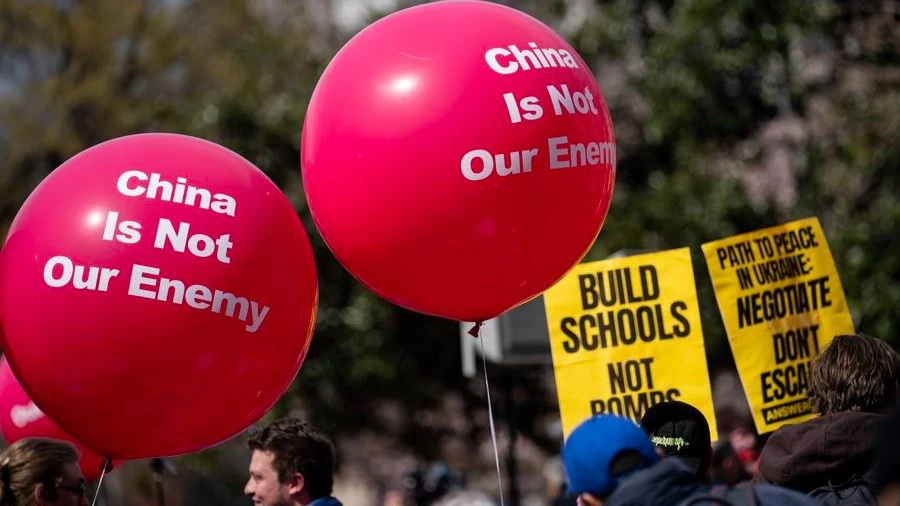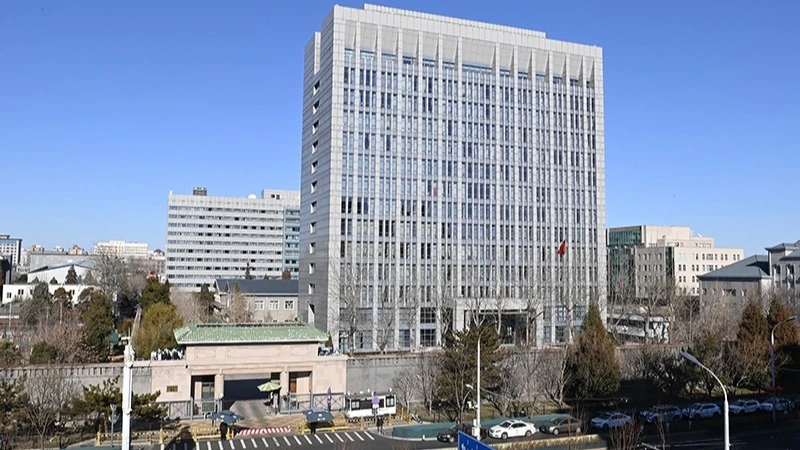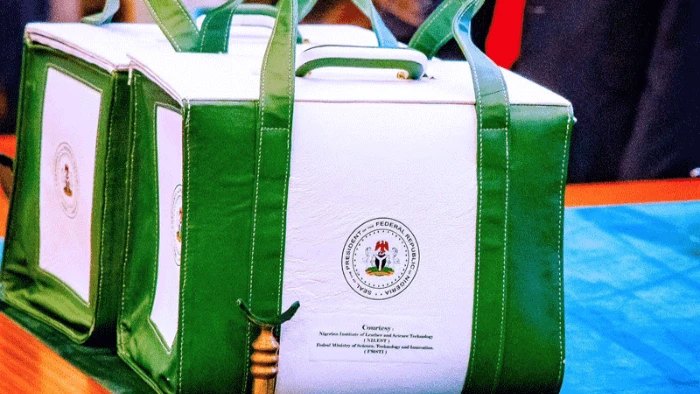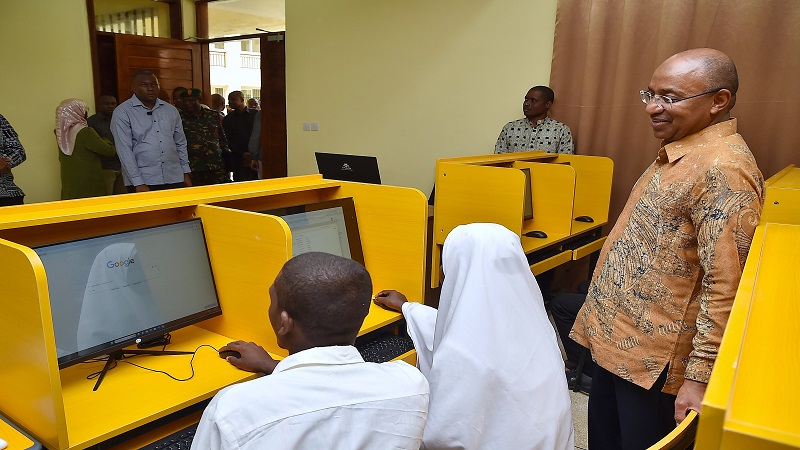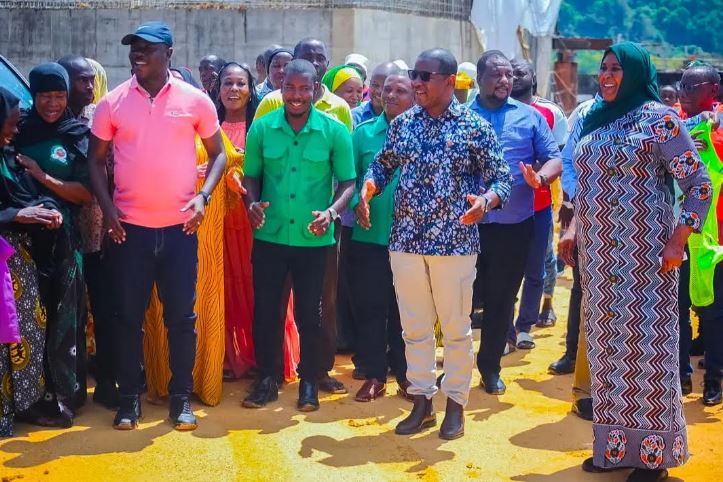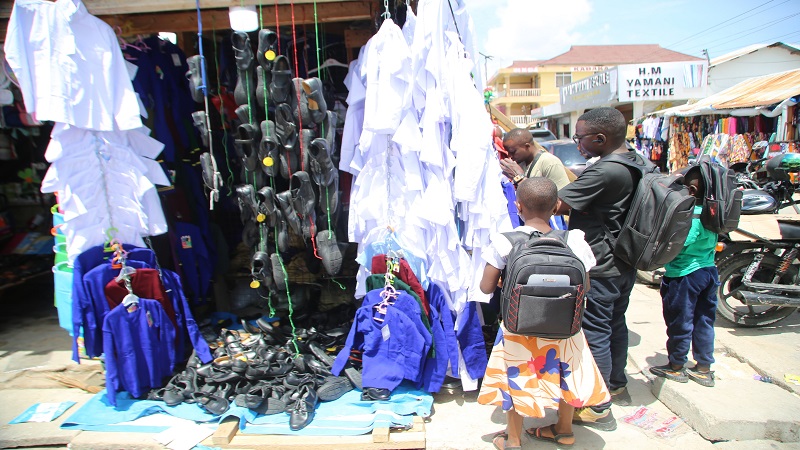Tanzania seeks support for researchers in land restoration
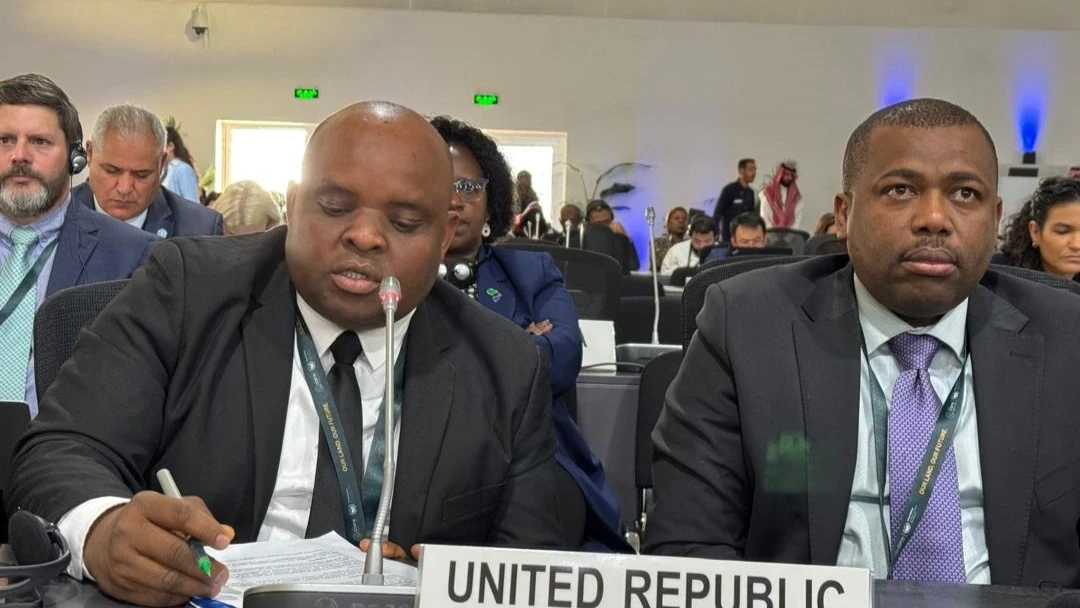
TANZANIA has appealed for global support to empower researchers and youth to effectively engage in science, technology and innovation (STI) initiatives towards bridging knowledge gaps on land restoration and drought resilience.
Khamis Hamza Khamis, the Union and Environment Deputy Minister in the Vice President’s Office (VPO), made the remarks in Riyadh, Saudi Arabia, yesterday during the ministerial dialogue on mobilizing political support and investments for the implementation of the African Great Green Wall Initiative (GGWI) at the 16th session of the UNCCD.
“Tanzania has developed a GGWI Action Plan (2023-2033), which requires approximately $546 million for its implementation. We call upon our partners to support us in this regard. We also encourage the establishment of technology-sharing platforms to facilitate access to innovative land management tools for developing nations,” he asserted.
Khamis urged for increased accessibility to global climate and land restoration financing mechanisms, such as the Global Environment Facility (GEF) and the Green Climate Fund (GCF).
He emphasized that Tanzania is committed to ensuring gender-responsive land restoration programs, including land tenure, and the participation of women and youth in sustainable land management initiatives.
Tanzania has been advocating for strengthening regional and global collaboration, with partnerships with neighboring countries through regional initiatives like the GGWI and the Southern African Development Community (SADC) being a priority, he remarked.
He reiterated the country’s commitment to combating desertification, restoring degraded lands, and building resilience against droughts.
“We believe that collective action, informed by science and driven by innovation, is essential to achieving a sustainable future for our planet,” he added, noting that Tanzania has put in place mechanisms to ensure vulnerable communities, especially women, youth, and other at-risk groups, are meaningfully engaged in decision-making and benefit from land restoration programs.
Newly elected COP16 President Abdulrahman Alfadley, Saudi Arabia’s Minister of Environment, Water, and Agriculture, noted that degraded land already affects three billion people globally and will “increase levels of migration, instability, and insecurity among many communities.”
He stated that COP16 will focus on establishing the first global regime for drought resilience, addressing the systemic risks of drought highlighted in multiple articles of the UNCCD and decisions from the past seven COPs.
The Riyadh Global Drought Resilience Partnership, announced yesterday by the Kingdom of Saudi Arabia as the UNCCD COP16 host, will leverage public and private finance to support 80 of the most vulnerable and drought-hit countries around the world.
United Nations Deputy Secretary-General Amina Mohammed emphasized the growing challenges posed by land degradation and drought. She said, “Never before have so many people been affected by land degradation and drought. Forty percent of fertile land is now degraded. The results are dire—rising inequalities, hunger, and displacement.”
Mohammed highlighted that land degradation and drought have threatened livelihoods and businesses, destroyed environments, and undermined the foundation of peace, stability, and security.
“Following the current trends, by 2050, three in four people will be affected by drought worldwide. But you are in Riyadh to turn the tide,” said the UN Deputy Secretary-General.
During a visit to the Journalists Environmental Association of Tanzania (JET) pavilion, Abdallah Hassan Mitawi, the Union and Environment Deputy Permanent Secretary in the Vice President’s Office (VPO), commended the association for its outstanding work in educating Tanzanians on environmental issues.
“We are grateful for the work you’re doing in both Tanzania mainland and Zanzibar. Our doors are open for collaboration to ensure that more Tanzanians have access to the necessary information on environmental conservation,” said Mitawi.
Top Headlines
© 2025 IPPMEDIA.COM. ALL RIGHTS RESERVED








